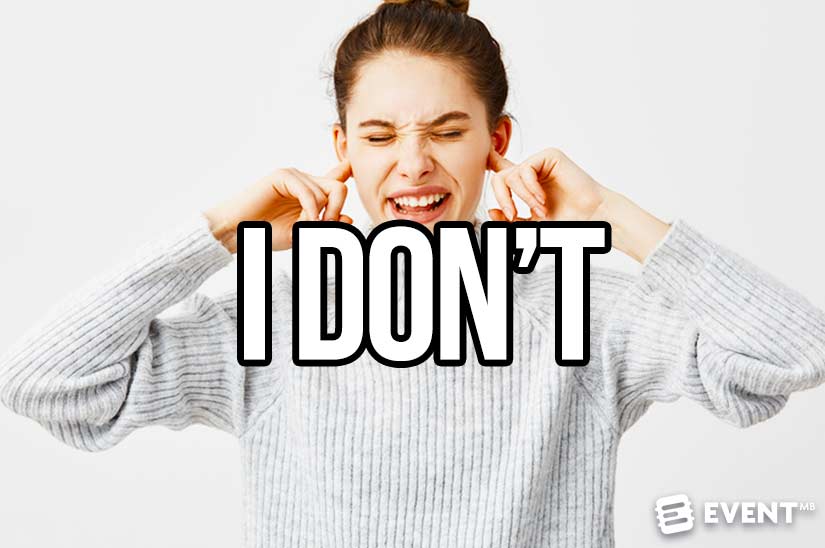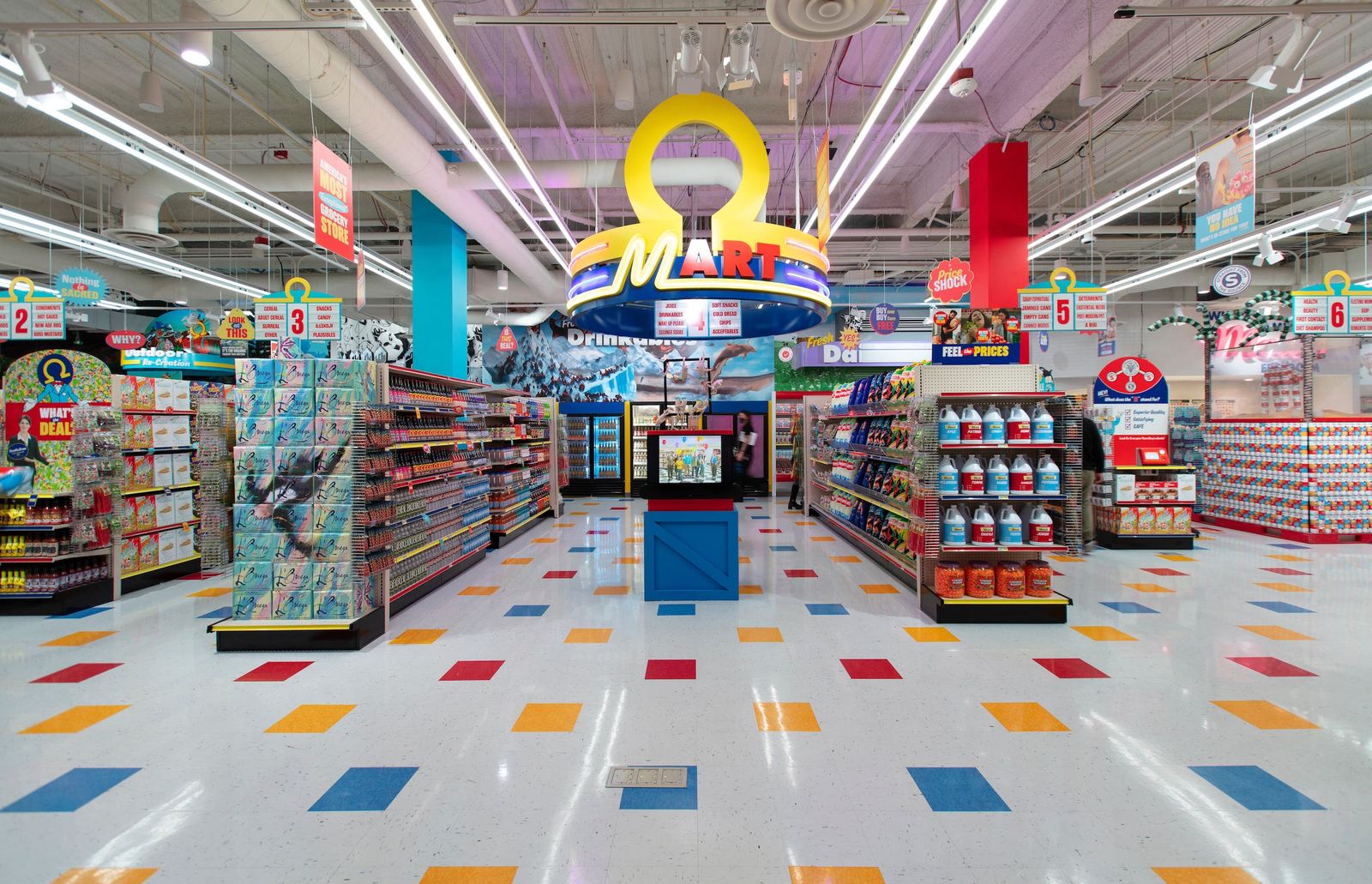Skift Take
In event marketing, you want to ensure all of your words resonate with your audience. To use words that have lost their power due to overuse or over exaggeration makes your marketing ineffective. With attention spans being what they are, you can’t afford to turn people off or lose their attention.
When I was a teen in the 80s, my parents hated my use of “awesome.” They couldn’t understand why everything was “awesome” or worse, “like, awesome.” By using that word for everything, nothing was awesome. But I was just a kid. Attendees weren’t buying tickets based on my descriptions. Today, we’re not immune to those types of overused words and phrases. If you’re using any of these, your event marketing words have lost their meaning – it’s time to give them up.
##abovethefold##
-
Epic
Events targeted at the younger generation are often billed as epic but the likelihood of your event being “heroic or unprecedentedly grand in scale” is slim.
-
Literally
Some people use literally so much that they literally wear it out. (We won’t mention the fact that 99.99999% of the time it’s used to mean figuratively.)
-
Unimaginable
If it’s unimaginable, you can’t imagine it. See the problem here?
-
Phenomenal
See epic.
-
Amazing
Just another filler word that’s lost its meaning.
-
Great
How are you doing? Great.
How’s this event? Great.
Want to go to a show? Great.
The word is as common as “the.”
-
Nice
Great, but more polite.
-
Fantastic
Nice, but in an unimaginable way.
-
LOL
When marketers use this word, it generally means something is not funny. LOL. More often than not, it’s used as a space filler to soften whatever it is that was just said such as “You missed the early bird deadline for pricing. You’ll have to pay full price but it will be worth it. LOL.” Now the attendee doesn’t know if the planner is being sarcastic or laughing at their pain.
-
OMG
OMG or O-M-Gee captures all the excitement of a 13-year-old girl at her first boy band concert. Perfect if that’s your target audience. If not, leave this acronym for your personal text messages.
-
Etc.
There’s a certain laziness in using this term. It should be saved for a list where the next entry is predictable. If there are options available, they should be specified. Many marketers use it when there isn’t anything else to elaborate on but they want to make it sound amazing. We can also add “and much more” as etc.’s friendlier alter-ego.
-
Six-figure Claims
A lot of self-help events and those aimed at freelancers and entrepreneurs promise to give advice from people who can help attendees get to six-figure incomes. They’re the event equivalent of a lottery ticket retirement plan and end up sounding over-the-top cheesy.
-
Honestly
Nothing says you’re insecure about your claims faster than inserting the word “honestly.” It’s also used as a space filler when answering questions on the fly. “Honestly, I don’t know why your credit card was charged twice for registration.” You might be able to buy yourself some time and think of an adequate response.
-
Interesting
Don’t ever promise something will be interesting. That’s not for you to say. But if you can explain the value behind what might make it interesting and how it can help serve as a resource or solve a problem for an attendee, you won’t need to use this worthless word,
-
Valuable
See above. Don’t tell everyone your event is valuable. Show them how it is.
-
Share Your Story
Storytelling is a very effective way to connect with an audience. Because of this, many marketers are asking attendees to share their stories. The problem with this approach is that most people have a hard time telling their story. You need to help them by bringing out essential components of it. Don’t put the burden on them to tell it. Evoke the type of emotions that leave them no other choice but to shout it from the rooftops.
-
Solicited Testimonials
This will make a lot of people angry, but testimonials on your event website are only a fraction as convincing of those that occur in “nature.” Everyone understands that the testimonials you share on your own site have been handpicked. So, while flattering and better than nothing, chances are enabling past attendees to share their thoughts without your edits will have a much greater effect on swaying potential attendees to join you.
-
Very
Okay, people may believe your use of “very’ but it’s ineffective. Don’t use weak modifiers. Instead of saying your event is “very exciting” explain the why behind that statement. Don’t lean on a weak word to market your event.
-
Bad Ass
Unless you’re Chuck Norris or Clint Eastwood form thirty years ago, leave this attempt to be tough to the professionals. Most of us are not “bad ass” nor could we be without hours (or years) of preparation. Let’s face it most of our industries don’t need us to be “bad ass.” When was the last time or marketer or florist was needed to save the world? We all have our own gifts and “bad assery” is not one of them for many, many professions.
-
Sell-out
This term is often used to drive action through creating a sense of urgency. But today’s cynical attendee doesn’t always believe the claims of selling-out. They are well aware that third-parties hold tickets and after-market purchase opportunities exist.
-
Authentic
Like the word “honestly” it generally means the exact opposite of what it’s supposed to. Leave the word “authentic” for describing food, not an individual.
-
Transparent
People love transparency (except when it comes to how a hot dog is made). What they don’t love is a marketer telling them that they are being transparent. If you have to say it, it’s likely not going to be believed.
-
No Obligation
Even if you tell your attendees they can receive something without an obligation, the obligation is often something they feel, not something you insist upon. For instance, all attendees get a free chair massage on the exhibition floor. No obligation to purchase anything. But if the masseuse is “selling” something, your attendees will feel an obligation whether you intend for them to or not.
-
Limited-time Offer
Attendees are getting savvier. If you’ve offered a discount at your last event right before registration closed, your attendees are probably waiting for it. If you’re going to extend a limited-time offer ensure it is limited or you’ll be setting next year’s attendee up not to believe you.
-
Revolutionary
Is it? Is it really?
In Conclusion
Marketing trickery is so 2015. Instead, use language that resonates with your audience and makes them feel something. To do that, you need to scratch these words from your marketing toolkit.
Additional Resources on Bad Content and Things Not to Say
Things Event Planners Have Done But Don’t Talk About
20 Things Event Planners Want to Say to Attendees But Can’t
12 Things Only Event Profs Understand
Confession: Marketing Skills Are Holding Back My Career Progression in Events





